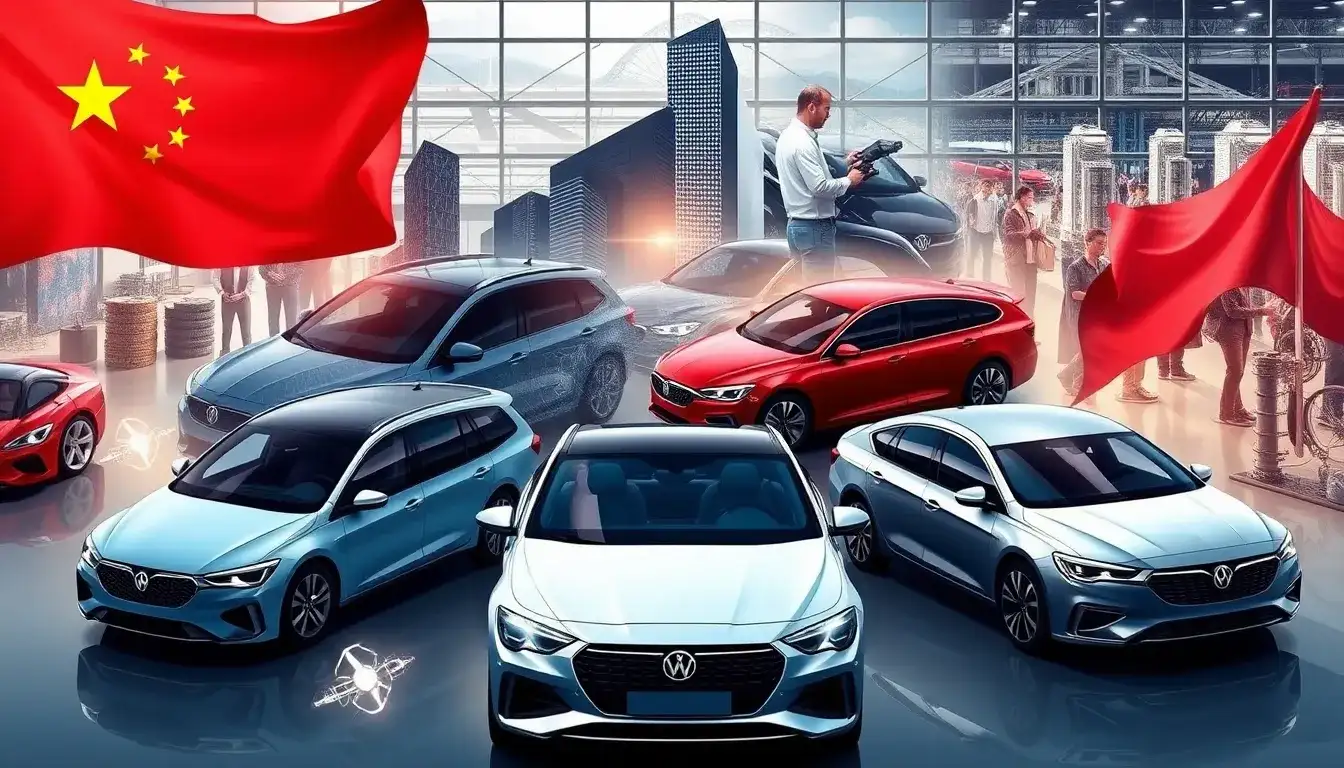
Automotive Morning Report – April 2
National Development and Reform Commission: In January and February, over 1.07 million vehicles were traded in under the old-for-new program, leading to new car sales reaching 116.5 billion yuan. The domestic retail volume of passenger vehicles saw a year-on-year increase of 1.2%, with a significant 26% rise in February compared to the previous year.
Beijing’s Autonomous Vehicle Regulations: As of April 1, the new regulations in Beijing support the use of autonomous vehicles for personal use, public transport, taxis, and urban operational services. Qualified autonomous vehicles are allowed to participate in pilot applications on the road. The regulations also encourage technological innovation and industrial development in autonomous vehicles, providing legal grounds for L3-level autonomous vehicles to operate on public roads, while promoting the commercialization of autonomous technology, infrastructure development, and data security management.
Xiaomi Responds to SU7 Incident: On April 1, Lei Jun and Xiaomi Automotive addressed the incident involving the Xiaomi SU7 that occurred on March 29. Lei Jun stated, “No matter what happens, Xiaomi will not evade responsibility.” Xiaomi Automotive also responded to several questions regarding the incident, including why the company did not contact the family after the accident, the cause of the fire, the accessibility of the vehicle’s doors post-accident, and whether the active safety features like AEB were triggered. Xiaomi confirmed that the standard version of the SU7 includes forward collision avoidance features, including collision warning (FCW) and emergency braking (AEB), effective at speeds between 8-135 km/h. The AEB system is designed to respond to vehicles, pedestrians, and two-wheeled vehicles, but does not currently respond to certain obstacles such as traffic cones or animals. Earlier that day, Xiaomi released a summary of the SU7 incident, providing an initial account of the events.
BYD’s Passenger Car Sales: On April 1, BYD announced its sales figures, reporting 371,000 passenger vehicles sold in March, up from 301,000 during the same period last year. In total, BYD sold 986,000 passenger vehicles in the first three months of the year, marking a 57.93% year-on-year increase.
Leap Motor and XPeng Deliveries: On April 1, new automakers Leap Motor, Li Auto, XPeng, and NIO released their delivery results for the previous month. Leap Motor topped the delivery charts for the first time, while both Li Auto and XPeng reported deliveries exceeding 30,000 units, with NIO continuing to face challenges.
Kia Collaborates with Huawei: Kia is reportedly in close discussions with Huawei regarding smart cockpit technology. Future models may integrate Huawei’s HarmonyOS cockpit and undergo significant localization adjustments.
GAC Trumpchi Launches the Yawning S7: GAC Trumpchi’s high-end series has officially launched the Yawning S7, a large five-seat new energy SUV priced between 169,800 and 223,800 yuan. The vehicle features the industry-first “one car, dual mode, three uses” technology, offering both “smart hybrid and super extended range” modes, along with “pure electric, plug-in hybrid, and extended range” energy options. It is equipped with the NVIDIA Orin-X chip and 27 vehicle-grade sensors, including the thinnest laser radar at just 25 mm, with a detection range exceeding 200 meters.
Avita 06 Pre-Sale: Avita Technology has opened pre-sales for its fourth strategic product, the Avita 06, with a starting price of 215,900 yuan. The new model will be officially launched in April and offers both pure electric and extended range options, with the extended range version featuring a 1.5T range extender and a comprehensive range of 1200 km.
South Korean Automakers’ March Sales: On April 1, the five major South Korean automakers reported a total sales figure of approximately 703,000 units in March, reflecting a 1.6% year-on-year decrease. Domestic sales saw a 2.9% increase, totaling 123,916 units, while overseas sales dropped by 2.6% to 578,937 units.
EU Fines Major Automakers: On April 1, the EU fined Volkswagen, Renault, and Stellantis a total of 458 million euros for their involvement in an illegal cartel related to scrapped vehicle recycling. An investigation revealed that up to 16 major automakers participated in anti-competitive agreements for over fifteen years. Volkswagen faced a fine of 128 million euros, Stellantis approximately 75 million euros, and Renault was ordered to pay 81 million euros.
Mercedes-Benz Considers US Market Exit: Reports from April 1 indicate that Mercedes-Benz is contemplating withdrawing its entry-level models from the US market due to the impact of tariffs imposed during the Trump administration.







